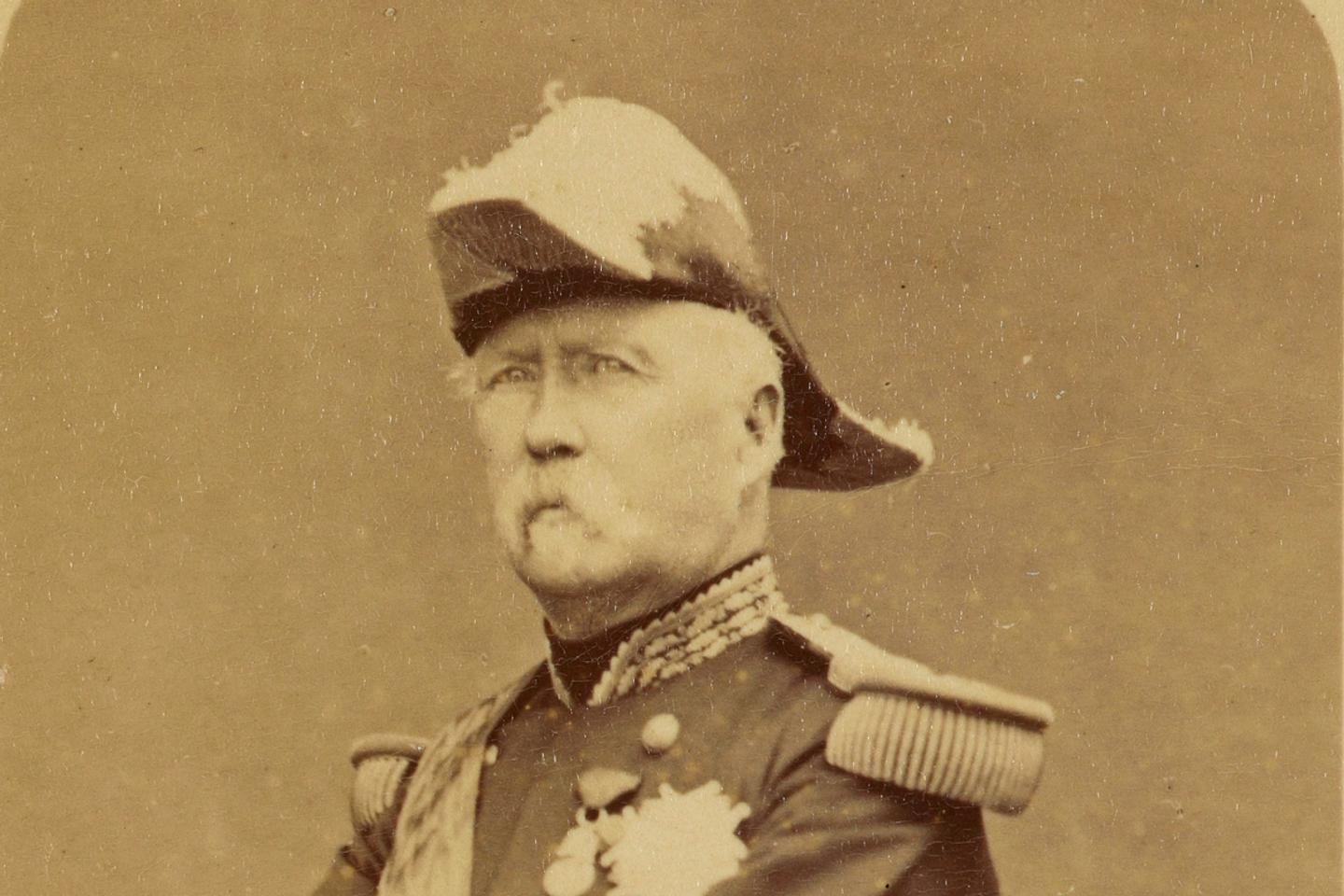


Patrice de MacMahon, 1808-1893. Even though school's still out, French political leaders on the left have already dipped into their history books to find traces of this stubborn and inglorious former French president and his interrupted term (1873-1879) at the head of the country.
It's a distant memory that several elected representatives such as Manuel Bompard, a leader of the radical-left La France Insoumise (LFI) party, and Greens leader Marine Tondelier have used as a weapon in their battle against Emmanuel Macron. Some have even dubbed the president "Mac Macron," in the hope that he too will be forced to relinquish power.
References to MacMahon began to flourish in June when Macron dissolved the Assemblée Nationale. This abrupt decision resurrected memories of the first haphazard dissolution, called for by the former marshal in 1877.
Since then, the result of the snap legislative elections and, above all, Macron's refusal to appoint the NFP's candidate for prime minister, despite the coalition winning the most seats, have reinforced the historical parallel. "Macron's August 26, 2024, coup, ruling out the appointment of a Nouveau Front Populaire [NFP, left-wing alliance] government, is beginning to resemble Mac-Mahon's 'half-coup d'état'" 147 years earlier, according to Céline Malaisé, a Communist regional adviser from the greater Paris region and a history professor.
Victor Hugo's warning
In both cases, a serious crisis pitted the Assemblée Nationale against the president. It all began on May 16, 1877. On that day, after voters had sent a clear republican majority to Parliament the previous year, Patrice de MacMahon thought he could still impose his views. He dismissed the republican Jules Simon, who had been heading the government but was no longer to his liking, and appointed a right-wing monarchist in his place, Duke Albert de Broglie. MPs were outraged, rejecting the "politics of reaction and adventure" promised to them. Léon Gambetta, the leader of the left, proposed a vote of no-confidence. Faced with this stalemate, MacMahon decided to dissolve the Chamber of Deputies.
In the Sénat, Victor Hugo was alarmed by the impact of the dissolution on the economy: "Suddenly, credit is disrupted; confidence disappears; orders cease; factories shut down; factories close," he wrote. He warned the president: "In three months, universal suffrage will send this Chamber back to you. The same one. For you, worse. Why? Because it will be the same." A little later, on August 15, while speaking in Lille, Gambetta also promised MacMahon and his friends a violent backlash: "When France has made its sovereign voice heard, believe it or not, gentlemen, you will have to submit or resign."
You have 48.5% of this article left to read. The rest is for subscribers only.
